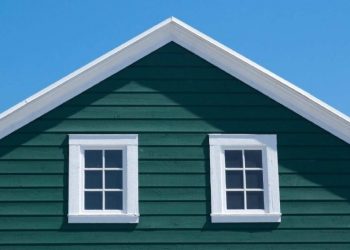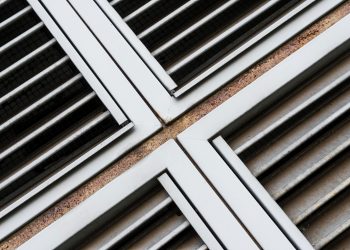Toronto’s fluctuating weather patterns and seasonal variations can pose unique challenges to maintaining dry basements. Homeowners must navigate these issues proactively to protect their homes from water damage, mold growth, and structural degradation. This article provides a practical guide on choosing the right basement waterproofing contractor in Toronto and deciding between interior and exterior waterproofing methods.
The Need for Basement Waterproofing in Toronto
Due to Toronto’s climate, which includes heavy rainfalls during spring and snow in the winter, basements can be particularly susceptible to water ingress. Effective waterproofing is crucial to prevent the inconvenience of a flooded basement and to avoid long-term issues like a weakened foundation, decreased air quality, and reduced property value.
Choosing Between Interior and Exterior Waterproofing
Interior Waterproofing: This method is typically less invasive and less costly than exterior waterproofing. Interior waterproofing might include:
- Sealants and Epoxy Injections: Useful for sealing cracks and holes in basement walls and floors.
- Drainage Systems: For example, weeping tiles or French drains channel water into a sump pump system.
- Waterproof Coatings: Applied directly to the interior surfaces of the basement walls.
Interior waterproofing is ideal for addressing minor dampness or when the exterior of the basement is not accessible.
Exterior Waterproofing: Exterior waterproofing is more extensive and involves excavating the ground around the home to expose the foundation walls. This method includes:
- Waterproof Membranes: Applied to the basement’s exterior walls to provide a robust barrier against water.
- Drainage Improvements: Including better gutters and downspouts, and landscaping to ensure water flows away from the home.
- Protection of Foundation: This can also involve repairing or replacing damaged weeping tiles.
Exterior waterproofing is considered more effective for long-term protection as it addresses water intrusion at its source.
How to Choose a Basement Waterproofing Contractor in Toronto
1. Research and Recommendations: Start by gathering information on reputable contractors specializing in basement waterproofing in Toronto. Online reviews, ratings, and recommendations from friends or family are invaluable.
2. Check Credentials: Ensure that any contractor you are considering is fully licensed and insured according to Ontario’s regulations. This affirms their legitimacy and protects you during the waterproofing project.
3. Experience Matters: Choose a contractor with extensive experience in both interior and exterior waterproofing. Their familiarity with Toronto’s specific environmental conditions will be crucial in effectively addressing your basement’s issues.
4. Get Multiple Estimates: It’s advisable to get estimates from several contractors to compare prices, scope of work, and materials used. This will help you understand what is necessary for your project and ensure competitive pricing.
5. Review Their Approach and Warranty: Discuss the proposed waterproofing techniques in detail. A reliable contractor should be able to explain each approach’s benefits and potential downsides. Also, check for warranties offered on their work, which can provide additional peace of mind.
6. Professionalism and Communication: The initial consultations can tell you a lot about a contractor’s professionalism and communication style. Opt for a contractor who takes the time to answer your questions thoroughly and provides clear, detailed responses.
Conclusion
Effective basement waterproofing in Toronto is crucial for protecting your home from the adverse effects of moisture and water damage. By understanding the differences between interior and exterior waterproofing and knowing how to select a competent contractor, homeowners can ensure that their basements remain dry and well-protected against Toronto’s challenging weather conditions. This not only helps in maintaining the structural integrity of the home but also enhances its overall livability and resale value.









